Printing and Finishing: What is a Flood Coat?
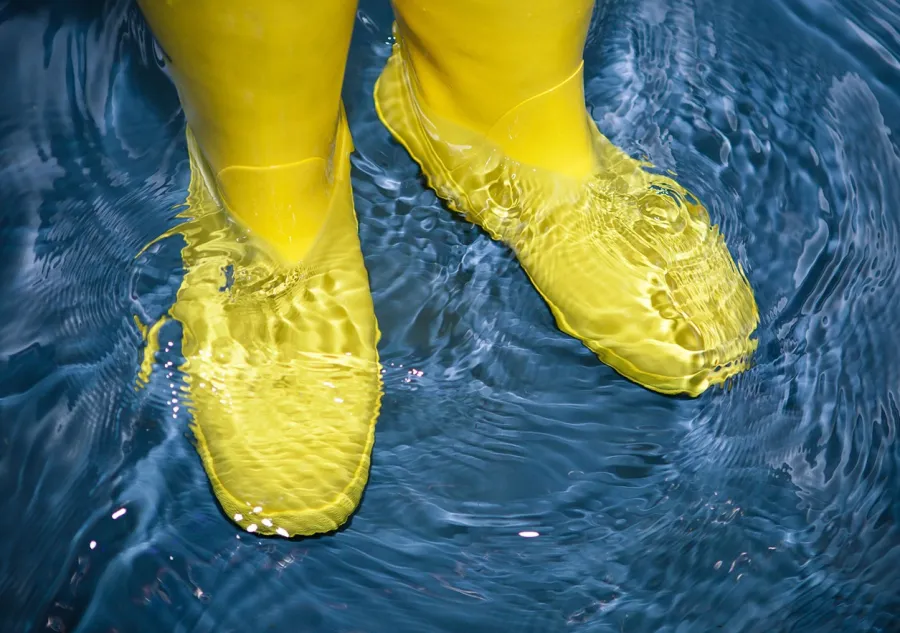
estimated reading time: 3 minutes
Flood Coat
Compared to most of the terms and jargon used in the world
of printing and finishing, the term "Flood Coat" is relatively straightforward
and easy to understand. As its name implies, a Flood Coat simply refers to any
coating that is applied over an entire surface, whether the surface is a paper
sheet, cardstock, label stock, or any other substrate.
Flood coating is most commonly used to describe the
application of a liquid top coat, such as a varnish, aqueous coating, or UV
coating. However, flood coating is also used to designate an edge-to-edge
application of an adhesive solution, or a single ink color that completely
covers the surface of a substrate.
Varnish, Aqueous and UV Coatings
Clear top coats, such as varnishes, aqueous coatings and UV
coatings, are applied as a flood coat to printed pieces to add a layer of
protection against scuffs, smudges, and stains. In addition to adding a
protective layer, these coatings can also add varying levels of sheen to
brighten or soften the underlying ink colors. By applying these coatings as a
flood coat, the entire printed piece has a consistent look.
Ink Colors and Flood Coat Printing
An ink color is sometimes applied as a flood coat when a
solid color is preferred. For example, the back covers of some spiral, wire-o,
or comb bound books are often printed in one solid color. Also, some
identification labels, as well as the reverse of certain tags and cards, are
sometimes printed as a flood coat using one solid color.
Depending on the project, there can sometimes be an upcharge
for the heavy coverage needed to create a flood coat of ink. Sometimes referred
to as "painting the sheet," flood coat printing often costs more simply because more
ink is used in the process.
Flood Coating vs Spot Coating
While a Flood Coat describes a coating that is applied over
an entire surface, a Spot Coat is a term used to describe a coating that is
applied only to specific areas on a printed piece.
A varnish or UV coating applied as a flood coat adds a layer
of protection and enhances the overall aesthetics of a printed piece, but a spot
coat of varnish or UV coating is merely used to add contrast and highlight
certain areas by altering the sheen level. A spot coat does not offer much in the way of protection.
Need some help with a Print Project?
Color Vision has been in the commercial printing business for four decades. We produce all types of printing - books, catalogs, manuals, comic books, brochures, flyers, maps, calendars, menus - and just about anything else you might need!
All of our printing, finishing, and bindery services are extremely affordable. So, if you have an upcoming project and would like a quote, simply fill out our Quote Request form and will email a quote to you. Or, if you prefer to discuss your project by phone, just give us a call at 800-543-6299 and we'll be happy to help.
As always, we hope to hear from you soon and look forward to assisting
with any printing needs you might have!
Related Articles
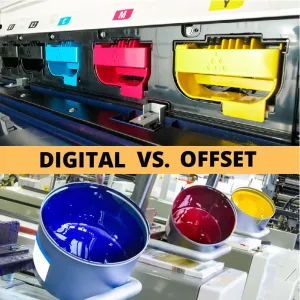
Which Process is Better? Digital Printing vs Offset Printing
Read This Article
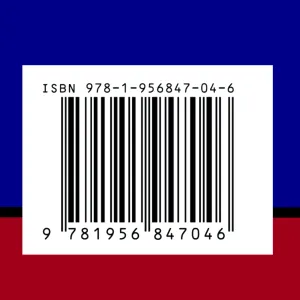
Self-Published Books: What is an ISBN number? Do I need one?
Read This Article
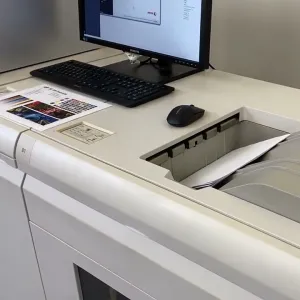
What is Digital Printing?
Read This Article
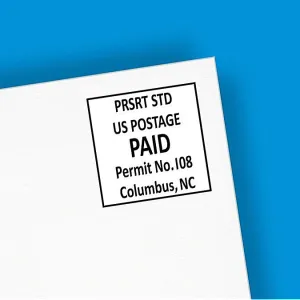
Direct Mail Marketing: What are Postal Indicia?
Read This Article